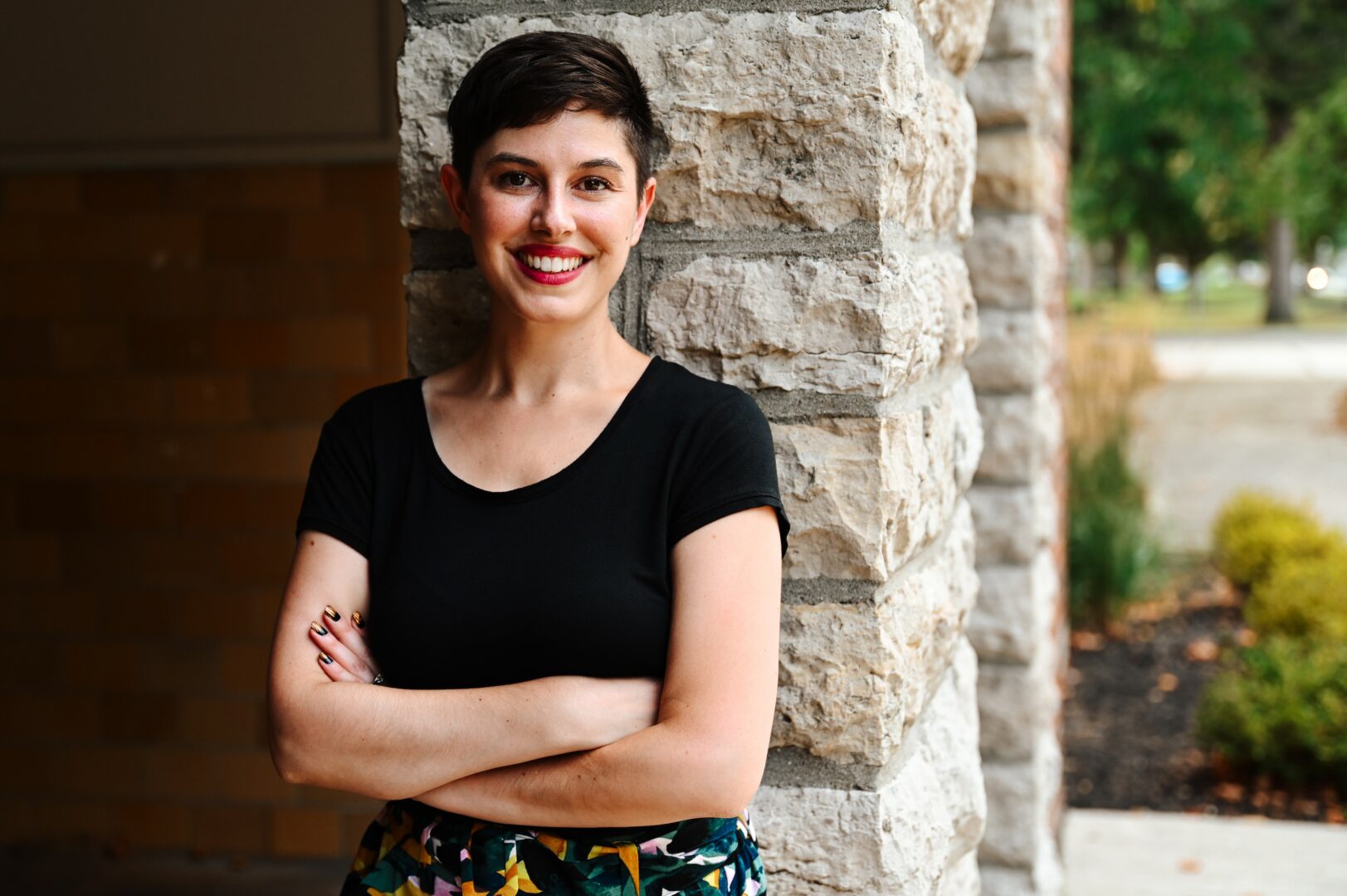We’re excited to introduce you to the always interesting and insightful Bailey Lang. We hope you’ll enjoy our conversation with Bailey below.
Bailey, appreciate you making time for us and sharing your wisdom with the community. So many of us go through similar pain points throughout our journeys and so hearing about how others overcame obstacles can be helpful. One of those struggles is keeping creativity alive despite all the stresses, challenges and problems we might be dealing with. How do you keep your creativity alive?
Helping people build sustainable, enjoyable writing practices is central to my work, so it’s critically important to sustain and enjoy my own writing and creative practices.
I’m someone who likes a lot of structure and a lot of novelty, so I infuse both elements into my creative practices. I journal first thing in the morning almost every day, which gives me structure and consistency. I also try to reserve at least some time each day for creativity so that it’s part of my everyday routine.
I set small challenges and switch between creative outlets (writing, drawing, sculpting, embroidery) to give myself that sense of novelty. It might take me longer to deepen my skill set in any one area, but I also know that creativity pays off everywhere. As long as I’m exercising those creative muscles, I’m on track!

Thanks, so before we move on maybe you can share a bit more about yourself?
I’m a book coach, editor, and writer. I started The Writing Desk after completing a PhD in rhetoric and writing studies. I didn’t want to stay in academia (or go back to a corporate job), so I founded my company to create an alternative that would let me do the work I love—helping writers tell their stories—in a way that also felt good for me.
I partner with aspiring authors to craft writing practices that actually work. A lot of writing advice online is one-size-fits-all, which often means one-size-fits-none. It just doesn’t work in people’s real-life contexts, especially for busy entrepreneurs and autistic/ADHD writers—two groups I work well with (especially since I am also a busy, autistic business owner!).
In addition to working with writers to hone their craft, I emphasize the importance of developing a personalized and flexible writing practice. You can have all the craft knowledge in the world, and it’s not going to matter if you believe you’ll never have time to write!
If you had to pick three qualities that are most important to develop, which three would you say matter most?
A willingness to experiment has been essential as I’ve built my business. I experiment on my business and creative practices, and I guide my clients through developing their own attitude of experimentation. There is no failure—there’s only data! Everything is a learning opportunity.
As an autistic person, I see and engage with the world in different ways from what’s considered “the norm.” My ability to spot patterns and draw connections makes me a powerful editor and coach. I’m able to home in on tiny details and zoom out to the big picture, helping my clients see their writing and their writing practices in entirely new ways.
My doctoral research was an archival study of 19th-century writing habits, which might sound super nerdy and irrelevant. Nerdy? Absolutely. But irrelevant? Far from it—I’m still drawing on the research I did to inform my coaching and help authors build writing practices that stick.
If you’re early in your journey as any kind of creative coach, it’s important to look at your mindset, what makes you unique, and your subject-matter expertise. Staying open to growth opportunities, figuring out what sets you apart, and deepening your knowledge of your field will all help you provide your clients with the best possible support.
Tell us what your ideal client would be like?
I often describe myself as an information goblin—I want to know all the things! As a result, I work on a wide variety of book topics, including business, personal finance, education, memoirs, healthcare, self-care, and more.
I love working with busy entrepreneurs who have a framework, approach, or story that they know will make an impact… but no clue how they’re going to fit yet another huge project on their to-do list. Writers who have a completed draft but don’t know what to do next will also find a lot of support at The Writing Desk.
As a coach, I am methodical and magical. We can talk structure and systems all day, and we can do some breathwork and draw a tarot card. I work with writers who are committed to making real progress on their books, and want a coach or editor who’s going to be as passionate and curious about their writing as they are.
Contact Info:
- Website: https://usethewritingdesk.com/
- Other: Newsletter: https://usethewritingdesk.kit.com/
Image Credits
Michelle Cooper, Belle and Bee Photography
so if you or someone you know deserves recognition please let us know here.




